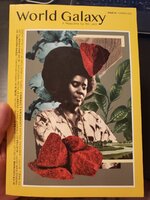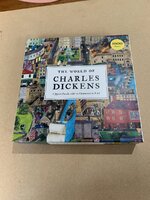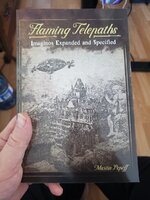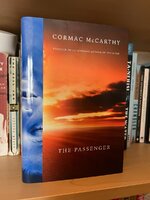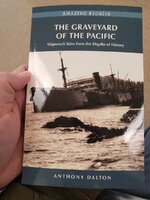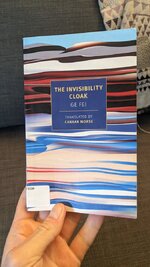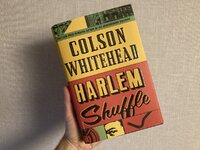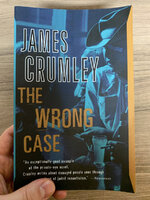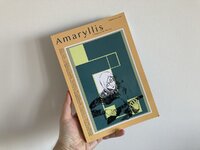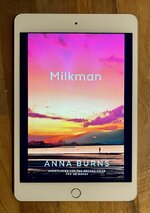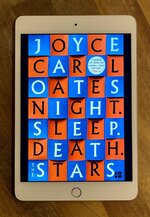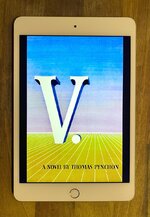November, the end of the year is nigh...
Book 55: Milkman - Anna Burns
View attachment 159708
This has definitely been one of, if not my overall favourite reads of the year.
It's a compact story (in that not huge amounts happen over the span of maybe 3 or 4 weeks), about a young woman in Northern Ireland during the '70s living her life amongst the backdrop of sectarian hatred and violence. A psychological novel told with the driest of wit in a flawless stream of consciousness that I found really difficult to put down and always eager to return to.
Unnamed, the protagonist finds herself stalked by a shady character that is definitely a renouncer, may be a paramilitant and definitely isn't a milkman but seems to be frequently confused as one (the reason why is made clear late in the novel).
Through no fault of her own, the ever-watchful community with their network of rumours and gossip, instantly have her undertaking an illicit affair with this married man and assign her the fear and respect a woman in a relationship with such a character warrants. This is at odds to the pariah status she had previously been granted by the community due to the fact that she reads pre-20th century fiction whilst walking which is a definite no-no.
Burns releases information about the future of her characters ad-hoc in thoughts that sometimes, but not always, get returned to later for added detail.
All of her characters balance their every word and action on a set of spoken and unspoken rules that will determine whether you are with them, against the state, from across the road, over the border or that country over the water. It's a brilliant depiction of what it must have been like to live in a state of constant distrust and paranoia, while still just trying to get on with life.
Book 56: Night. Sleep. Death. The Stars. - Joyce Carol Oates
View attachment 159709
This was a trudge at times. It details the aftermath for a family whose patriarch dies from a stroke due to the actions of police brutality.
There's plenty to say as the family either crumble or rebuild and for the most part it's plenty interesting and the writing is good, but at nearly 800pp it did feel like an effort towards the latter half. It's my first Oates and I had no idea until I saw the list of her books in the front of this one, just how prolific she is. I'll try more in the future, I'm sure.
Book 57: V - Thomas Pynchon
View attachment 159710
Oof, this was a tough read. Two distinct narrative threads alternate chapters. The first thread set in the mid 20th Century U.S.A., I was able to follow and generally enjoy (although the character count left me struggling at times). The second, set in late 19th/early 20th centuries, all around the world with an even bigger character list, well, let's just say I frequently found myself hoping these chapters would soon be over. The two threads are joined by a character and his quest for 'V' and do converge towards the end.
I knew ahead of reading it that Pynchon is often considered difficult, but I also know some people love his stuff. Not sure from this, my first attempt at reading him, I'm ever going to feel passionate about his books but, being as I have some more, I will consider trying them.
Book 58: Hotel du Lac - Anita Brookner
View attachment 159711
This 1984 Booker winner proved to be a nice little read. Following some scandalous behaviour at home, a romantic novelist sequesters herself at a Swiss hotel towards the end of season. There, she meets a small cast of characters that revel in the hotel's old world service style and she learns a little about them and herself along the way. Well written, very human and rather witty at times.
